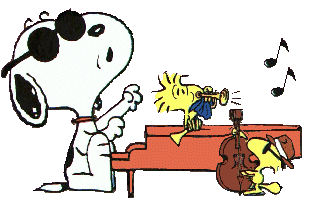 |
We speak often about our differing musical tastes, what is good, what is not, where the industry is heading and what we can expect to see or hear in the near future. My inability to face facts about the relevancy of albums has been the core of many an argument, and I am reminded on an almost daily basis that my frequent purchasing of said item will inevitably become no longer possible in years to come.
In my dismissal of this sad reality, I have attempted to ignore reports of dilapidating album sales and the rise of a growing single-based culture, but there is no denying the fact that soon albums will indeed meet a sorry end, and unfortunately there is little we can do to stop it.
The Guardian reported on Tuesday that "30 million fewer albums were sold in the UK last year than there were in 2009", with music lovers instead streaming an estimated 7.4 billion songs in 2013 on services like Spotify. Head of Music at BBC Radio 1 and 1Xtra, George Ergatoudis comments that "in terms of creativity and musical statement, albums still have relevance and merit", but making a living out of music is far more difficult in an age where streaming has become the mass market.
The death of the album has been developing gradually "over about 10 years", according to music industry analyst Mark Mulligan, yet the birth of online services like Napster has instead allowed people to enjoy tracks "on their own terms".
Rather, we have entered into a playlist-dominated era with consumers "cherry-picking" their own musical selections and grouping them together under umbrellas of genre, mood or popularity. People are granted the power of song choice and order of play depending on what they may be doing at that particular time. Guardian journalist Harriet Walker argues that we are a part of the generation where you don't have to wade through the drudge to hear the good bits - "you are in charge, you decide exactly how much dross is in there," she says.
As an audience, we can break free from our role as spectators and creatively formulate, in one respect, our own piece of art inspired by the palette of the musicians we love the most.
With this in mind, if music is indeed a piece of 'art', it is also just as important that we are able to enjoy it in its intended, original condition. A painting does not offer onlookers the option of choosing a favourite 'chunk' to then disregard what is left over. Would it be normal for an audience to exclusively watch the best scenes of a film without seeing the rest?
Streaming services and playlists are and will continue to grow as dominant aspects of the music industry; to deny it would be a waste of your time. If you can embrace such a change, I applaud you. But its contagious appeal won't stop me buying albums, not until they're officially six feet under. And even then, I'll be dancing to the best ones at the wake.

No comments:
Post a Comment